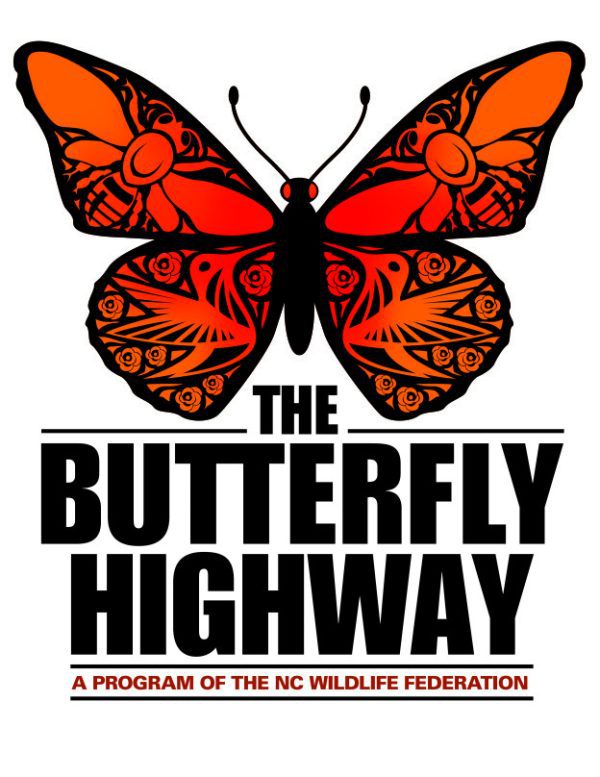Pollinators find salvation, friends along the Butterfly Highway

The bees and butterflies flitting through your yard this summer don’t hint at a dark reality: The pollinators that feed the world are starving.
More than 200,000 species, mostly insects, carry pollen grains from male to female parts of flowers for reproduction. Three-quarters of the globe’s food crops rely on pollinators.
But up to 40 percent – chiefly bees and butterflies – face extinction, the United Nations reported earlier this year. Habitat losses leave too few of the native plants that feed pollinators and nurture their young. Pesticides, invasive species, disease and climate change all take tolls.
Charlotte is part of the growing response to a global crisis.
Earlier this year the Charlotte-based N.C. Wildlife Federation launched the Butterfly Highway. The program recruits volunteers to create a network of oases for the hardworking insects.
The response was unexpected. The program began in February with 50 volunteers in west Charlotte. By June more than 800 people had signed on statewide, tending plots from apartment balconies to 100-acre farms.
“This is something that anyone can do because it doesn’t cost any money, and you can belong to a bigger network,” said the federation’s Angel Hjarding, a UNC Charlotte doctoral student who leads the program.
The basics are simple: Tend native plants; offer water; avoid insecticide use.
Click here for the full article.
Read more here: http://www.charlotteobserver.com/news/local/article85321452.html#storylink=cpy